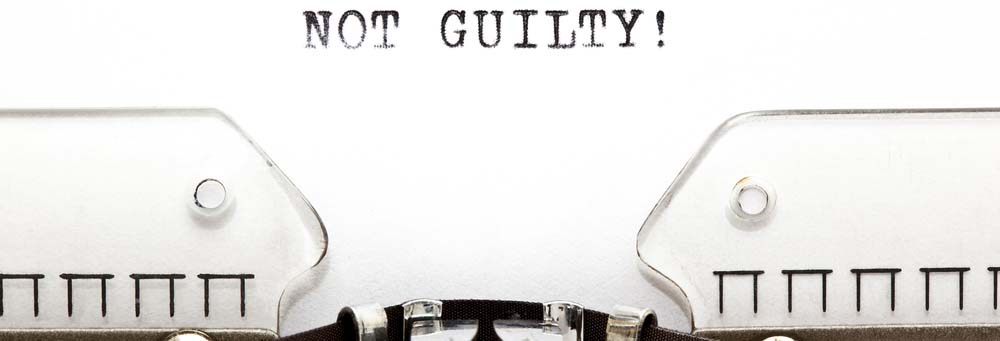Contact Us
KOGARAH OFFICE
Suite 309 – 310, Level 3
13A Montgomery Street
KOGARAH NSW 2217
SYDNEY CITY OFFICE
Ground Floor
54 Martin Place
SYDNEY NSW 2000
Email: solicitors@gmhlegal.com
Phone: (02) 9587 0458
Facsimile: (02) 9587 2936
Affray
In NSW, affray carries a maximum penalty of 10 years imprisonment. People are typically charged with affray if they’ve acted violently or threateningly around other people.
A person can be charged with affray if they use or threaten to use unlawful violence towards another person. This means that a person can be charged if they use physical force against another person, such as punching, shoving or kicking them, or if they threaten to do so. These acts of violence or threats of violence must be serious enough to cause a person of reasonable firmness to fear for their personal safety. In other words, the acts or threats must be serious enough to make an ordinary bystander scared of being injured or harmed by the person charged. This is a question of degree – the more aggressive the threats or the more serious the violence the more likely it is that a person of reasonable firmness would be concerned for their safety.
You should always seek legal advice before deciding whether to plead guilty or not guilty, especially for a serious charge, such as Affray.
There is no hard and fast rule to whether you should plead guilty or not guilty. Every matter and charge is different, both in the circumstances of the offence and the law that applies to it. Generally, your lawyer will advise you to either:
- Plead not guilty if the prosecution may have difficulty proving the charge of Affray or if a defence is available; or
- Plead guilty if the prosecution is likely to prove the charge of Affray.
Call the experienced team at GMH Legal to assist you in your matter.
A free consultation with GMH Legal is an opportunity to gain deep insights into your legal situation and all of your options.
Why Choose GMH Legal?
- Over 60 years of combined legal experience
- Outstanding track record with a winning approach
- First appointment is always free
- Meet our team now.






